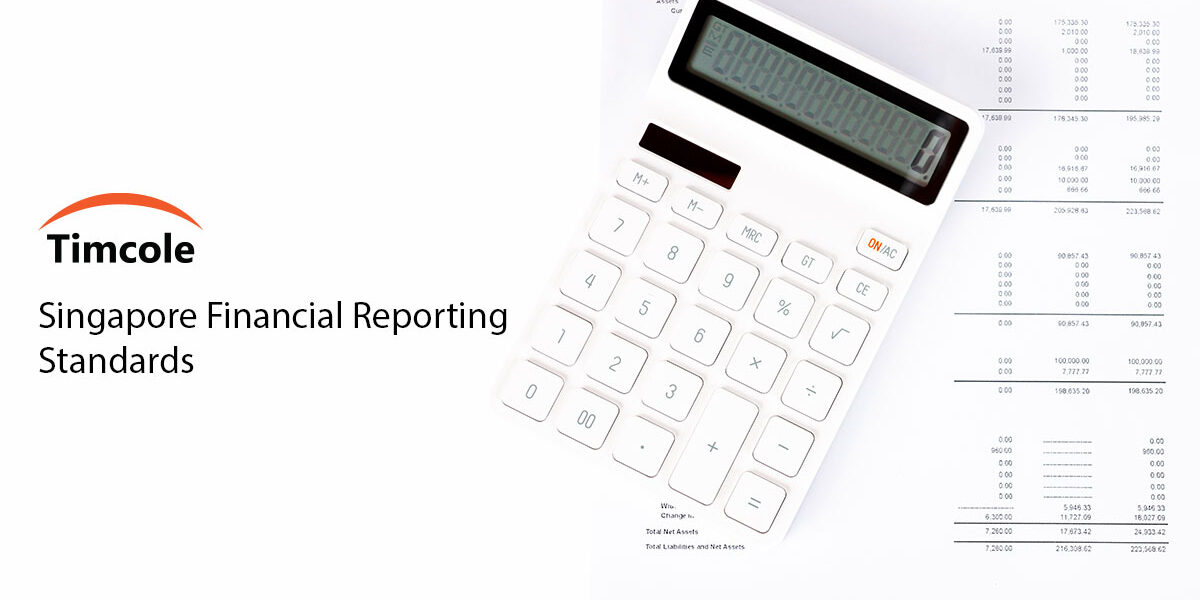There are two reasons why accounting standards are developed in Singapore. The first reason lies in the fact that accounting standards are developed in the public interest in the support of the corporate governance of the country. Secondly, Singapore’s accounting standards are developed to support the country’s reporting framework.
In order to enjoy public confidence while setting up the accounting standards, the process itself has to be based on a strong and reliable foundation. The Accounting Standards Council (ASC) is the one in charge of formulating these accounting standards. This also includes the Singapore Financial Reporting Standards (SFRS). The other 2 duties under ASC include:
- Recommend suitable accounting standards to companies
- Recommend suitable accounting standards to charities, societies, and co-operative societies
The Singapore Financial Reporting Standards for Small Entities
Singapore has a different set of reporting standards for smaller companies to adhere to. These reporting standards are known as Singapore Financial Reporting Standards for Small Entities. This set of rules is a less complicated version of the traditional financial reporting standards.
Smaller companies in Singapore qualify for these reporting standards if they meet the following criteria:
- The company cannot be publicly accounted
- The company do not have more than 50 employees in total
- The company total gross asset does not surpass more than SGD$10 million
- The company total revenue does not surpass SGD$10 million
Note that if a company is a part of a group of companies, the above requirements will be considered and applied under the terms of a consolidated basis.
When it comes to preparing financial statements, smaller companies are still required to deal with the compliance costs. However, the SFRS for Small Entities can lighten the load and cost.
The Differences between Singapore Financial Reporting Standards and SFRSs for Small Entities
The traditional Singapore Financial Reporting Standards (SFRS) and the SFRS for Small Entities differ in the following areas:
| Areas | SFRS | SFRS for Small Entities |
| Associates | The equity method is required. | A cost model is an available option. |
| Investment Properties | Although a cost model is an available option, disclosure of both fair value and fair value measurement is needed. | If a cost model is adopted, disclosure of fair value is not needed. If fair value measurement is not an available option, a cost model is an available option under property, plant, and equipment. |
| Financial Risk Management Disclosure | Required | Not Required |
| Property, Plant, and Equipment | Required | It is not required to have the opening or closing balance of the previous year. |
How Smaller Companies can Benefit from the SFRS for Small Entities
Some of the benefits that smaller companies can gain by abiding to the less-complicated rules in SFRS for Small Entities include:
- A reduced disclosure requirements
- A simplified process of preparing financial statements
- The ability to omit disclosures that are not relevant to the business owners
 Leave it to the professionals.
Leave it to the professionals.
Timcole offers corporate secretarial and accounting services. Contact Timcole to know the corporate regulation your company must comply to.








